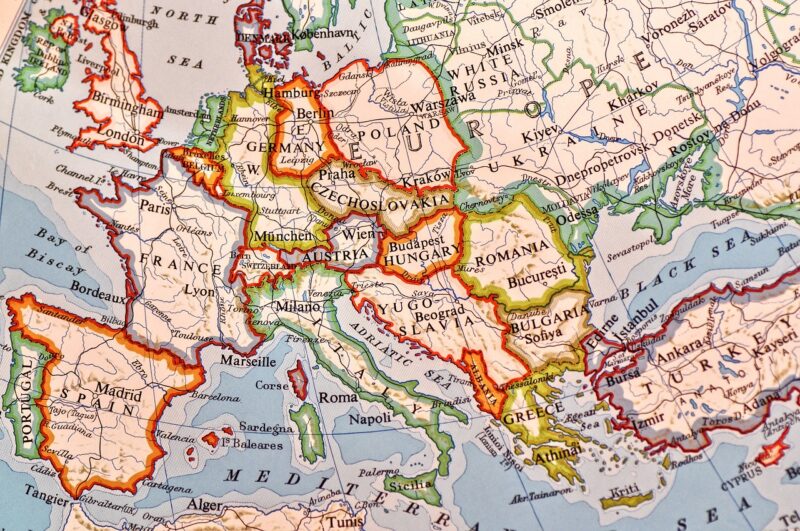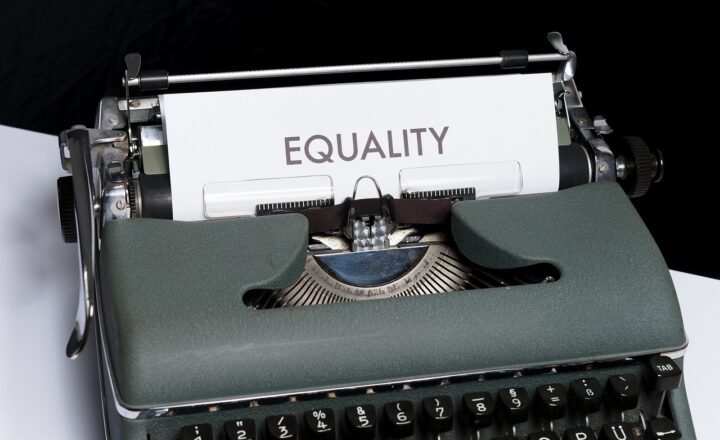How the World Wars Redefined the Role of Nations in Global Politics
November 16, 2024

The two World Wars of the 20th century were not merely catastrophic events that resulted in significant loss of life and destruction; they were also transformative moments that reshaped global politics, international relations, and the role of nations in the modern world. From shifting alliances to the establishment of new global institutions, the consequences of these wars have shaped the course of history and continue to influence the geopolitical landscape today.
1. A Brief Overview of the World Wars
World War I, which began in 1914 and ended in 1918, was largely seen as a conflict between empires. The war resulted from a complex web of alliances, militarism, nationalism, and imperial ambitions. The major powers of Europe became embroiled in a conflict that introduced modern warfare’s horrors, including trench warfare and chemical weapons.
World War II, which erupted in 1939 and concluded in 1945, saw even more widespread destruction. This conflict arose from unresolved issues from World War I and the economic chaos of the Great Depression. The rise of totalitarian regimes, particularly Nazi Germany and Imperial Japan, plunged the world into a fight for survival against fascism and militarism.
The aftermath of both wars would lead to dramatic changes in how nations interacted with each other.
2. Shift in Power Dynamics: Decline of Empires
One of the most notable impacts of the World Wars was the decline of traditional empires. The Austro-Hungarian, Ottoman, German, and Russian Empires disappeared or shrank significantly after World War I. The Treaty of Versailles, which imposed heavy reparations on Germany, further destabilized Europe and set the stage for World War II.
In the post-World War II era, decolonization became a significant theme. European powers, exhausted by war and facing financial strain, began to withdraw from their colonies in Asia, Africa, and the Caribbean. Nations gained independence, leading to the emergence of new countries that entered the global political arena.
This change created a multipolar world where various nations had an opportunity to assert their interests and influence global politics.
3. The Rise of the United States and the Soviet Union
The conclusion of World War II solidified the United States and the Soviet Union as superpowers. Both nations emerged from the war with strong military capabilities and significant economic resources, leading to a bipolar world order during the ensuing Cold War.
The U.S. promoted democratic governance and capitalism while the Soviet Union sought to propagate communism. This ideological divide not only influenced international relations but redefined the concept of national security. Nations were often placed under pressure to align with one of these two blocs, giving rise to proxy wars and the concept of collective security as countries sought alliances to protect their interests.
4. Formation of International Institutions
The aftermath of the World Wars saw the establishment of several key international institutions aimed at promoting peace, security, and cooperation among nations. The League of Nations, created after World War I, was an early attempt to foster international cooperation, although it ultimately failed to prevent World War II.
In response to the failures of the League, the United Nations (UN) was established in 1945 with a broader mandate to maintain international peace and security, promote economic and social development, and protect human rights. The UN has played a crucial role in mediating conflicts, providing humanitarian aid, and serving as a platform for dialogue among nations.
Furthermore, organizations like the International Monetary Fund (IMF) and the World Bank were created to foster economic cooperation, promote development, and stabilize economies in the post-war world.
5. The Evolution of Nationalism and Globalism
The World Wars instigated significant changes in how nationalism was perceived. While the wars were partly driven by nationalist sentiments, they also led to a re-evaluation of the implications of extreme nationalism. Post-war, many nations began to prioritize international cooperation and understanding over isolationist nationalist policies.
This move towards globalism has been demonstrated through economic and political integration, including the establishment of the European Union (EU), which sought to unify European nations to prevent future conflicts.
However, the pendulum has swung back in recent years with a resurgence of nationalism in various regions, leading to tensions that challenge the existing global order. It raises critical questions regarding the future role of nations in international politics: will countries strive for unity or regress into isolationism?
6. The Role of Technology and Modern Conflicts
The World Wars also paved the way for significant advancements in technology and warfare, which have continued to evolve. The nature of warfare has shifted from conventional battles to include cyber warfare, terrorism, and asymmetric conflicts in the contemporary geopolitical climate.
Nations must now navigate complex security challenges that originate not only from traditional adversaries but also from non-state actors and cyber threats. As technology increasingly mediates international relations, states face a new set of dilemmas that force them to adapt their policies and strategies to maintain sovereignty and security.
The role of international organizations becomes crucial in addressing these evolving threats, as nations work together to create frameworks and protocols to manage conflicts and promote stability in the digital age.
Conclusion: Lessons from the World Wars
In conclusion, the World Wars reshaped the role of nations in global politics in profound ways. The decline of empires, the rise of superpowers, the establishment of international institutions, and the evolution of nationalism and technology necessitate a continual reassessment of international relations. As nations navigate the complexities of modern geopolitical dynamics, the lessons learned from the World Wars provide critical insights into the challenges and opportunities that lie ahead.
The world today is undeniably shaped by these historical events—forcing nations to balance their sovereignty with the growing interdependence required to tackle global challenges together.






